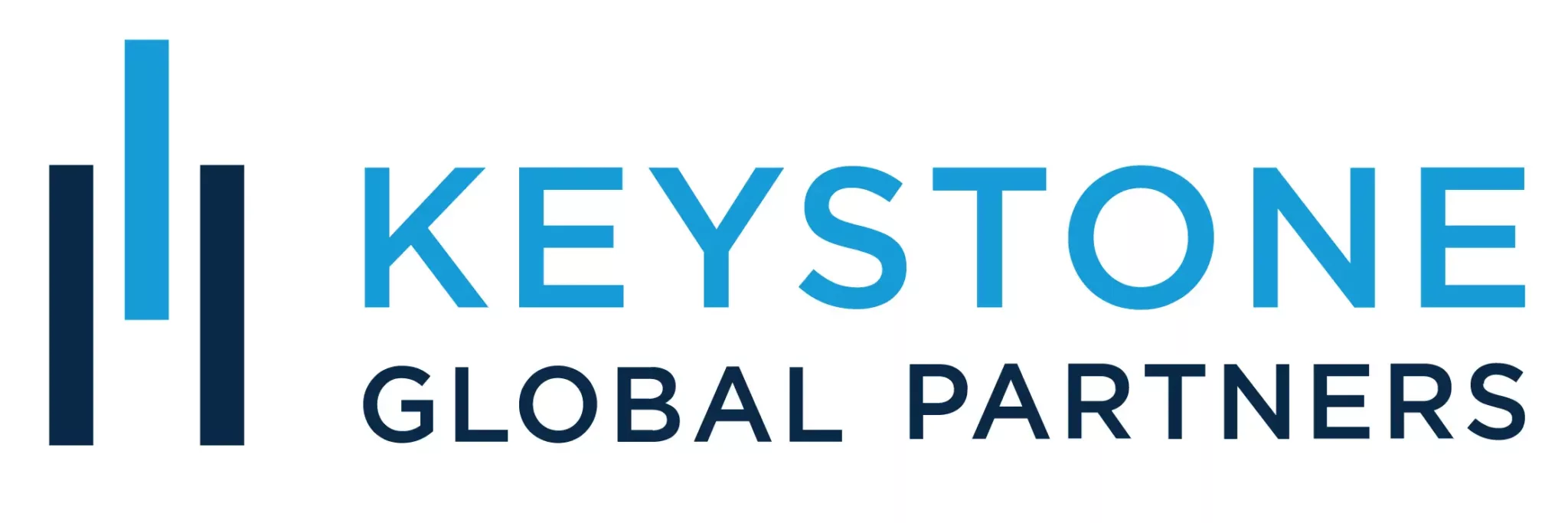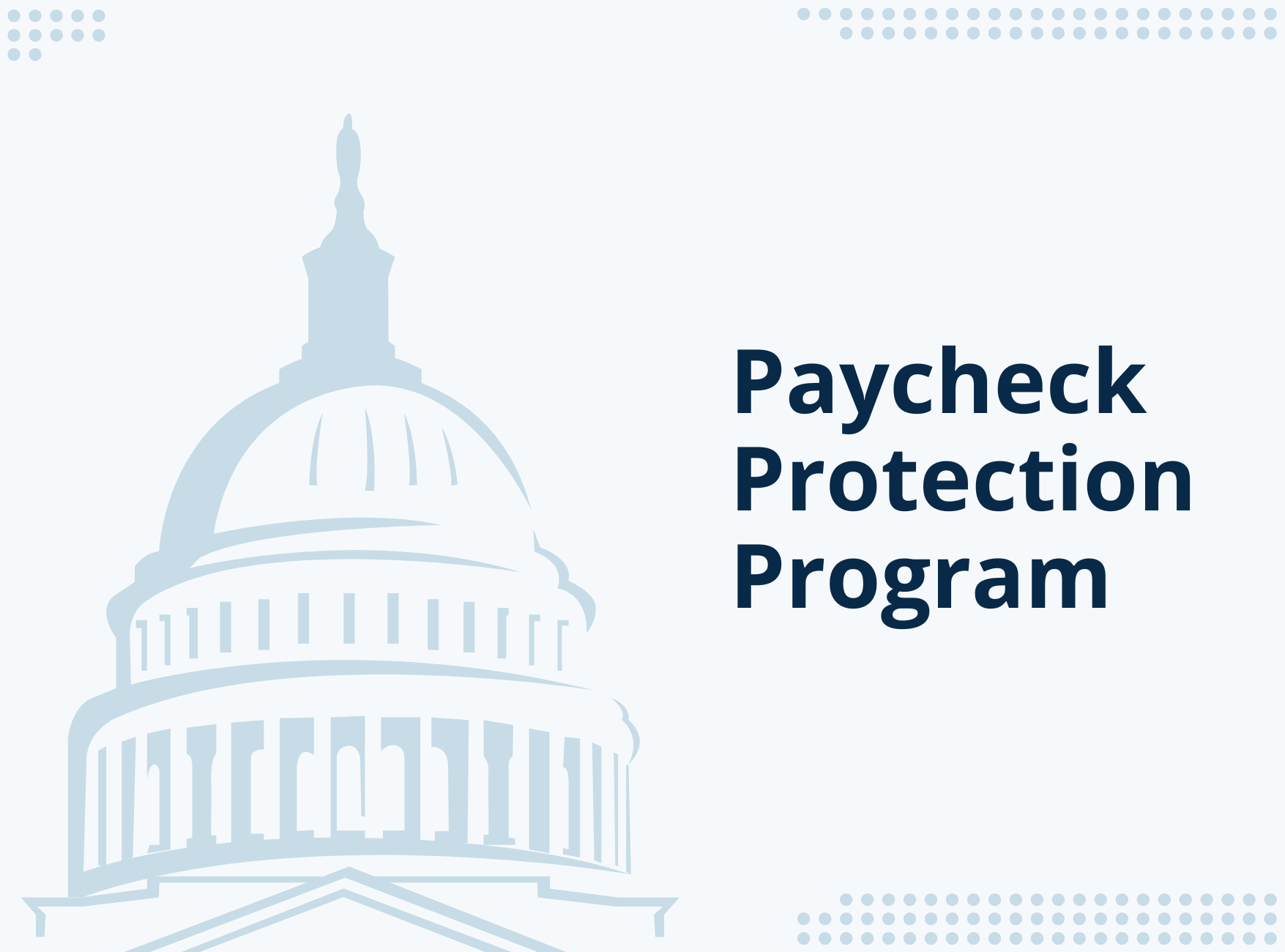Quick Take
There has been a tremendous amount of data regarding the stimulus, but I wanted to highlight the following information on the Paycheck Protection Program (PPP) available for business owners and self-employed since it may be very valuable to you or others you know. This is a government package to support all employers (and the self-employed) in retaining staff by offering a loan that may be forgiven if used on payroll, rent, or utilities. Details are still developing on the program, but we recommend that if you are eligible to apply as soon as you are able. Although this package is for $349bn, we believe there will likely not be enough capacity to adequately serve all eligible businesses. There are 30mn+ small businesses alone in the US and loan amounts will be granted on a first-come, first-serve basis. Treasury also urged those in need of funding to apply quickly, noting that the program has a cap and demand is likely to be high.
Application Start Dates
- April 3, 2020, small businesses and sole proprietorships
- April 10, 2020, independent contractors and self-employed individuals
Who can apply? All businesses with 500 or fewer employees can apply. This includes nonprofits, sole proprietorships, self-employed individuals, and independent contractors.
How large can my loan be? Loans can be for up to 2.5x of your average monthly payroll costs from the last year ($100k/employee cap). Subject to an overall $10 million cap.
How much of my loan will be forgiven? The loan amount you use for payroll costs, mortgage interest, rent, and utility payments over the eight weeks after getting the loan.
Do I need to pledge any collateral for these loans? No. No collateral is required.
Do I need to personally guarantee this loan? No. There is no personal guarantee requirement.
Background Info
Small businesses, startups, and self-employed individuals account for a significant portion of our country’s economy. During a global pandemic, like the one we’re experiencing now, this group suffer some of the hardest hits. On March 27, 2020, President Donald Trump signed the Coronavirus Aid, Relief, and Economic Security (CARES) Act into law, allocating funding to support the U.S. economy and workers through the coronavirus outbreak. The legislation includes a number of proposals aimed at supporting small businesses. For those hit hard due to forced closures and a sharp downturn in foot traffic, this bill may provide some relief.
Bear in mind this is a $2 trillion dollar stimulus program, equal to 10% of GDP, that was compiled and passed in the government in the matter of a few weeks. Broad guidelines were provided but more specific clarifications are being released every couple days. The Treasury has announced one thing then pivoted and revised their statement 48 hours later. It is a fluid situation and banks are doing their best to be compliant yet approve applications under the program. We recommend operating under the most current rules from the official websites in the links below and the guidance of your bank.
In times of concern, it’s important to know your options, including what the recently passed stimulus package includes and how to protect your assets moving forward.
What Does the Package Include?
American small businesses are supported by the recently passed CARES Act in the following ways:
- A $350 billion forgivable loan program (The Paycheck Protection Program) designed to encourage small businesses from laying off employees.
- A delay in employer-side payroll taxes for Social Security until 2021 and 2022.
- 50 percent refundable payroll tax credit on worker wages to incentivize businesses, including those with fewer than 500 employees, to retain their current workforce.
- Sole proprietors and other self-employed workers may be eligible for the expanded unemployment insurance benefits the bill provides.
- A portion of the $425 billion in funds appropriated for the Federal Reserve’s credit facilities will target small businesses.
How Does the $350 Billion Paycheck Protection Program Work?
Under the stimulus package, the Small Business Administration (SBA) will oversee the Paycheck Protection Program. This program will distribute $350 billion to small businesses that meet certain requirements, and the loans will be made available to companies with 500 or fewer employees.
Businesses can receive loans up to $10 million, and these loans will be administered by banks and other lenders. Additionally, the Paycheck Protection loans will carry a 1% interest rate.
Currently, the SBA guarantees small business loans that are distributed by a network of more than 800 lenders across the country. The program creates a form of emergency loan that has the potential to be forgiven when used to maintain payroll through June of 2020. In order for the above amounts to be forgiven, the business must maintain the same number of employees (equivalents) in the eight weeks following the date of origination of the loan as it did from either February 15, 2019 through June 30, 2019, or from January 1, 2020 through February 29, 2020.1 The program also expands the network beyond the SBA so that more banks, credit unions and lenders can issue the appropriate loans.
If your business uses the loan funds for the approved purposes and maintains the average size of your full-time workforce based on when you received the loan, the principal loan will be forgiven, meaning you will only need to pay back the interest accrued.2 The primary purpose of these loans is to incentivize small businesses to refrain from laying off workers and ultimately rehire laid-off employees that have already lost jobs due to COVID-19.
What Types of Businesses Are Eligible For The Paycheck Protection Program?
The Paycheck Protection Program offers loans for small businesses with fewer than 500 employees, 501(c)(3) nonprofits with fewer than 500 workers and some 501(c)(19) veteran organizations. Food service businesses are also eligible if they employ fewer than 500 people per physical location.
Self-employed individuals, sole proprietors and freelance or gig economy workers are also eligible to apply for financial assistance during this time. Even without a personal guarantee or collateral, businesses that are struggling can receive a loan as long as they were operational on February 15, 2020.
Eligible borrowers are required to make a good-faith certification that the loan is necessary due to the uncertainty of current economic conditions caused by COVID-19.
How Do I Get a Payroll Protection Loan?
The loan program will provide loans through SBA-approved private lenders. As banks are currently working on implementing this program, it’s important to check with your current banking relationship to see where they’re at in the process. Those that are already approved by the Small Business Association may be quicker to put the loan program into place.
As a small business owner or self-employed individual, it’s always important to be aware of your options in prosperous times and those of hardship. With some assistance and the promise of keeping your workers employed, your small business can continue to thrive.
https://www.sba.gov/funding-programs/loans/coronavirus-relief-options/paycheck-protection-program-ppp
https://home.treasury.gov/policy-issues/top-priorities/cares-act/assistance-for-small-businesses


